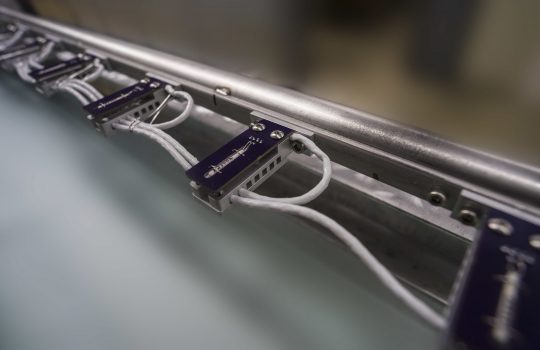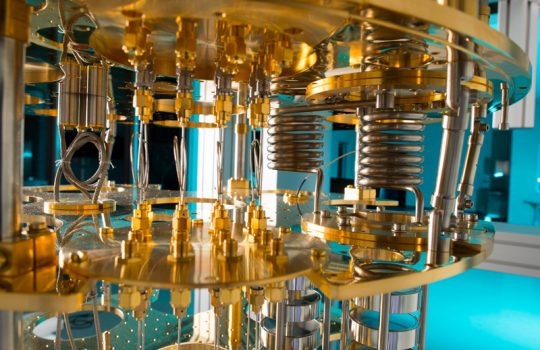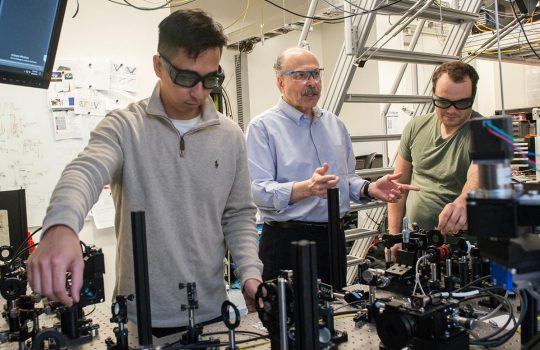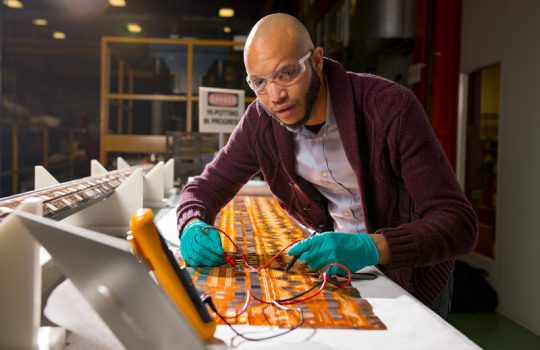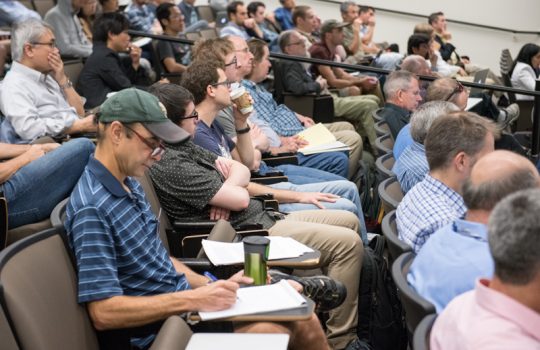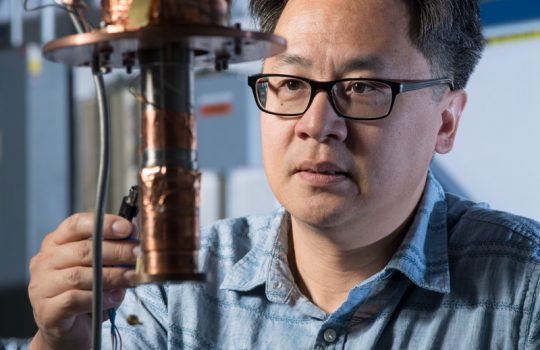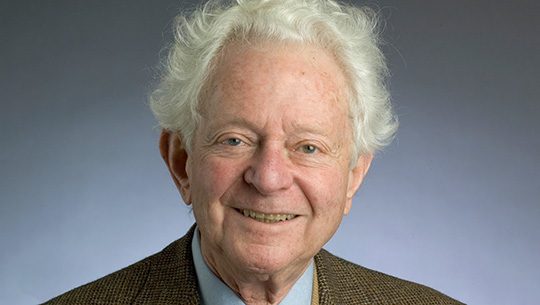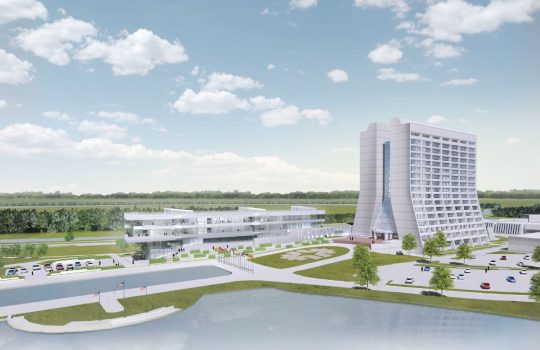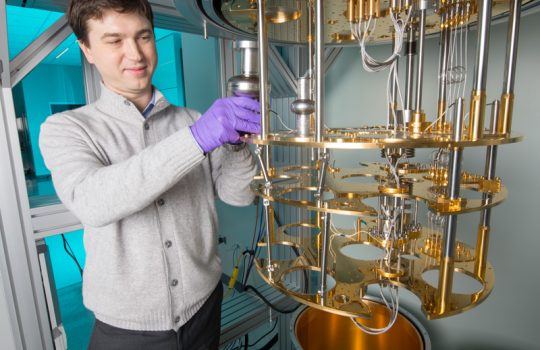How to build a towering millikelvin thermometer
- CERN
- Deep Underground Neutrino Experiment
- detector technology
- DUNE
- Hawaii
- liquid argon
- neutrino
- ProtoDUNE
- University of Hawaii
How do you calibrate a probe that is sealed inside a giant liquid-argon neutrino detector?

